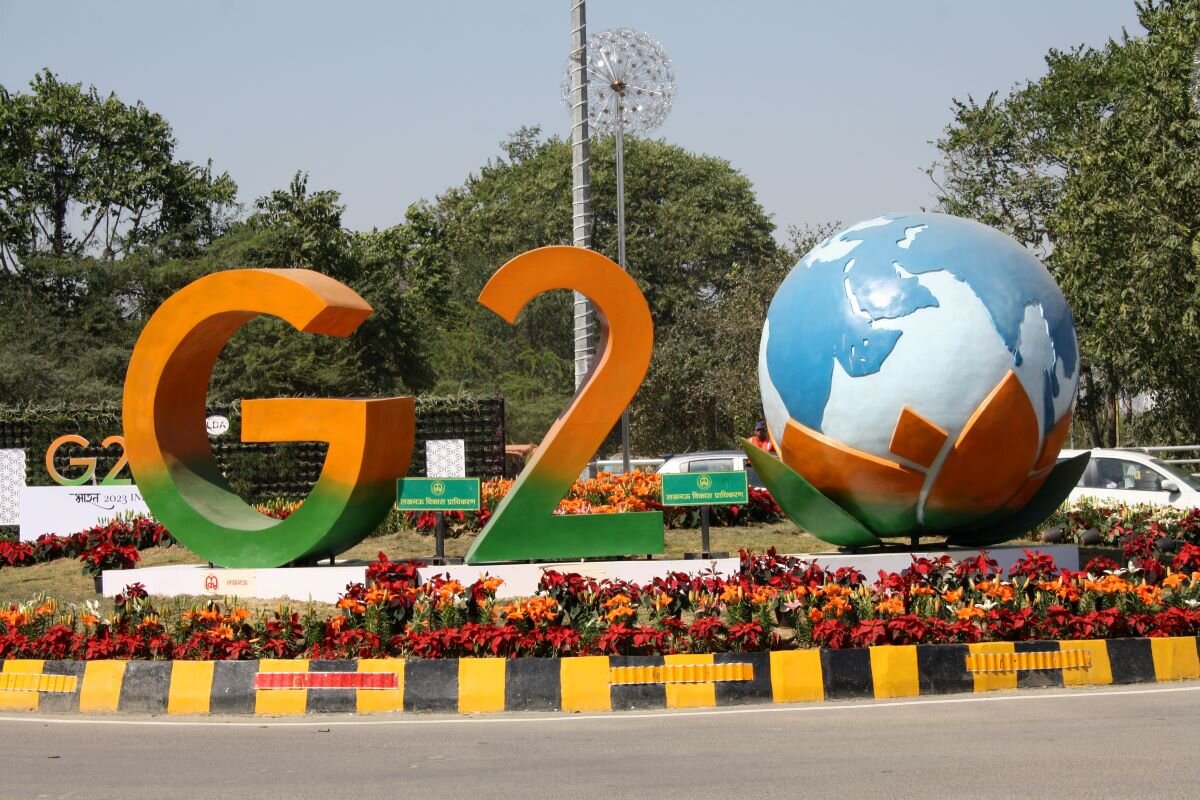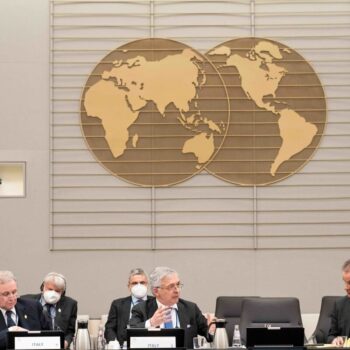As the President of this year’s G20, India has the opportunity to demonstrate strong international leadership, and create new global momentum on climate action. The G20 economies account for about 75% of global greenhouse gas emissions and represent around 80% of global GDP – what they do, matters. Our briefing identifies five areas where India can champion concrete G20 action on energy transition, climate finance and climate-resilient development.
As a voice from the Global South, India could champion equitable and fast-tracked actions needed this decade to meet both development and climate goals. India itself has made strong progress on its climate goals, with ambitious targets on energy transition for 2030, and a net zero emissions goal by 2070.
But while global political momentum on both energy and climate finance is increasing, we are still on track to overshoot 2°C of global warming. Progress in the G7 and G20 discussions will play an important role in setting the tone and ambition going into COP28. This will also help set up a robust Global Stocktake response that prompts countries – especially the G20 – to align their Nationally Determined Contributions with the Paris Agreement goals.
E3G has identified five opportunities for the G20 to drive climate action and ambition forward:
- Accelerating renewable energy deployment. Encourage faster transition by making commitments on renewable energy generation and taking steps to accelerate deployment.
- Avoiding stranded assets from all fossil fuels. Agree to accelerate the phase-down of all fossil fuels, and end support for new unabated coal-fired power plants.
- Shifting the conversation towards local, demand-led energy transition. Provide political signals to encourage more granular solutions that are traditionally not well accounted for in national energy and resource planning.
- Narrowing finance gaps for just transitions and climate preparedness. Champion solutions to reduce the cost of capital for renewable and climate investments in emerging and developing economies. Promote the equitable distribution of clean energy investments and the flow of climate finance across countries.
- Enabling accelerated just transitions. Commit to developing inclusive just transition principles and guidelines, supporting planning and pilots, and establishing experience-sharing networks.



